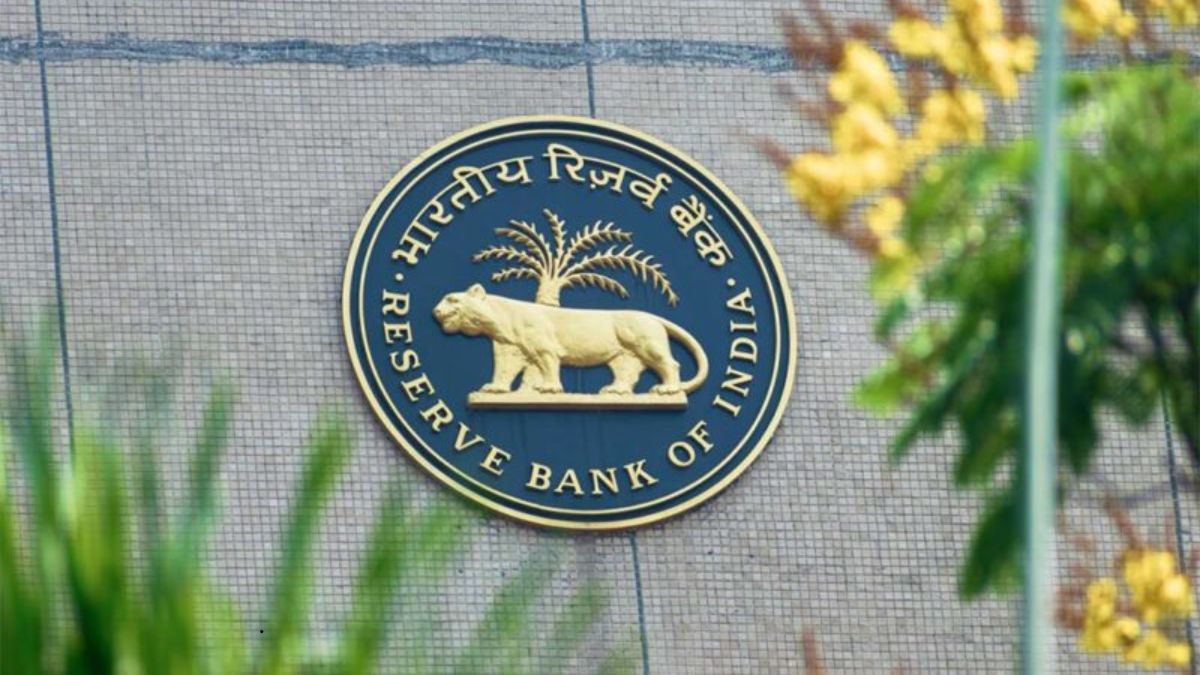In a major policy shift, the Reserve Bank of India’s Monetary Policy Committee (MPC) announced a change in its stance from “accommodative” to “neutral” during its June 6 meeting. Alongside this, the RBI delivered a sharper-than-expected repo rate cut of 50 basis points, bringing the key lending rate down to 5.50%.
The central bank also revised other policy rates in line with the repo rate cut. The Standing Deposit Facility (SDF) rate has been adjusted to 5.25% from 5.75%, and the Marginal Standing Facility (MSF) rate has been lowered to 5.75% from 6.25%.
RBI Governor Sanjay Malhotra, in his post-policy address, highlighted that central banks globally are facing a tougher task in stabilising economies amid heightened volatility. “The global backdrop remains fragile and highly fluid,” he said, while adding that the Indian economy continues to offer immense opportunities for investors.
The policy outcome surprised markets, as analysts including Nuvama had expected a 25 bps cut, citing softening demand indicators such as slowing credit growth, auto and real estate sales, and household wage growth. Inflation too has remained below 4% on a 3-month moving average basis. Nuvama had projected the repo rate to gradually ease to the 5–5.25% range over this cycle.
Bond markets reacted immediately to the announcement. The yield on the 10-year Indian government bond dropped 9 basis points to 6.1611%, compared to the previous close of 6.2465%, reflecting optimism around lower interest rate expectations.
Meanwhile, the Indian rupee opened slightly weaker ahead of the decision, with the 1-month non-deliverable forward indicating a range of 85.86–85.90 against the dollar.
The shift to a neutral stance signals the RBI’s readiness to calibrate future moves in either direction, based on evolving domestic and global economic conditions.
Disclaimer: The information provided is for informational purposes only and should not be considered financial or investment advice. Stock market investments are subject to market risks. Always conduct your own research or consult a financial advisor before making investment decisions. Author or Business Upturn is not liable for any losses arising from the use of this information.


